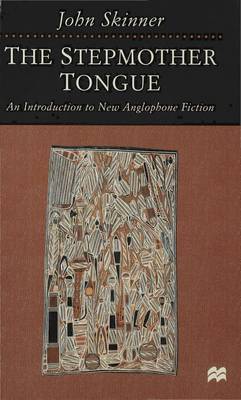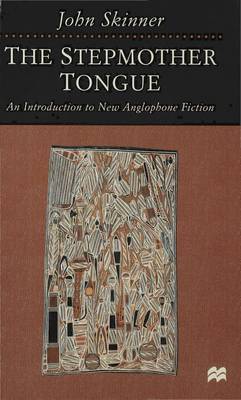
- Afhalen na 1 uur in een winkel met voorraad
- Gratis thuislevering in België vanaf € 30
- Ruim aanbod met 7 miljoen producten
- Afhalen na 1 uur in een winkel met voorraad
- Gratis thuislevering in België vanaf € 30
- Ruim aanbod met 7 miljoen producten
Zoeken
€ 115,95
+ 231 punten
Uitvoering
Omschrijving
There are numerous twentieth century writers in English who are not technically native speakers of the language, and whose relation to it is ambivalent, problematic or even hostile: by a simple kinship analogy one may often speak of the 'stepmother tongue'. Whilst fully aware of the current debates in postcolonial theory, John Skinner is also conscious of its sometimes unhelpful complexities and contradictions. The focus of this study is thus firmly on the fictional practice of the writers discussed. He offers the reader an insight into the diversity and rewards of contemporary anglophone fiction, whilst analysing some eighty individual texts. A uniquely comprehensive guide, the book will be welcomed by students and teachers of postcolonial literature.
Specificaties
Betrokkenen
- Auteur(s):
- Uitgeverij:
Inhoud
- Aantal bladzijden:
- 368
- Taal:
- Engels
Eigenschappen
- Productcode (EAN):
- 9780333676134
- Verschijningsdatum:
- 18/09/1998
- Uitvoering:
- Hardcover
- Formaat:
- Genaaid
- Afmetingen:
- 25 mm x 25 mm
- Gewicht:
- 453 g

Alleen bij Standaard Boekhandel
+ 231 punten op je klantenkaart van Standaard Boekhandel
Beoordelingen
We publiceren alleen reviews die voldoen aan de voorwaarden voor reviews. Bekijk onze voorwaarden voor reviews.







